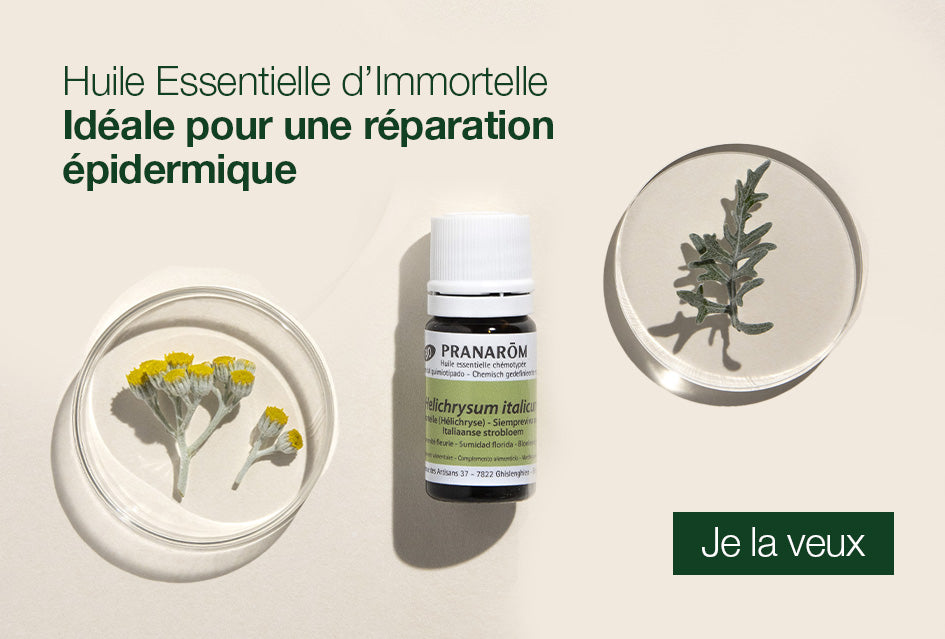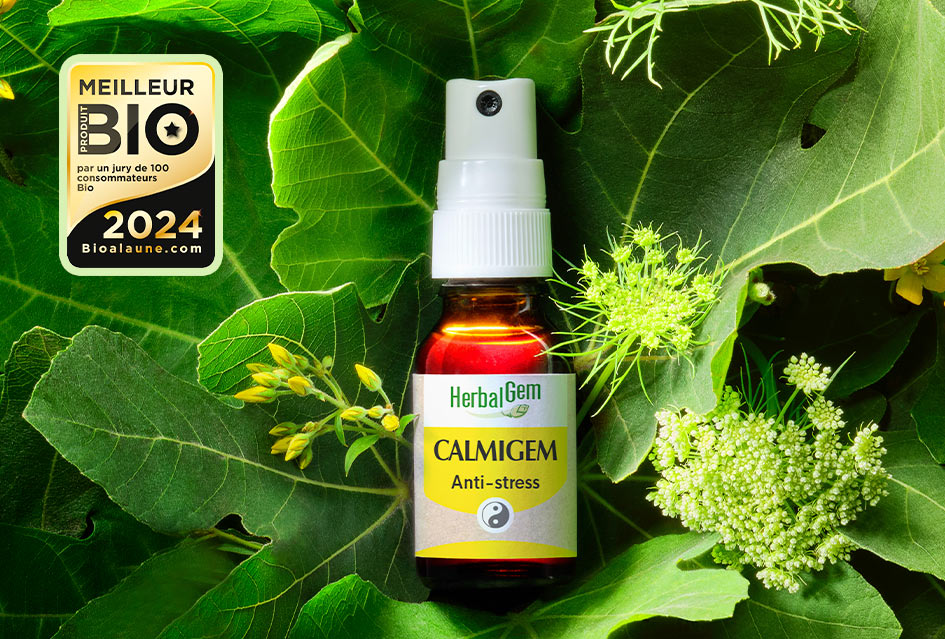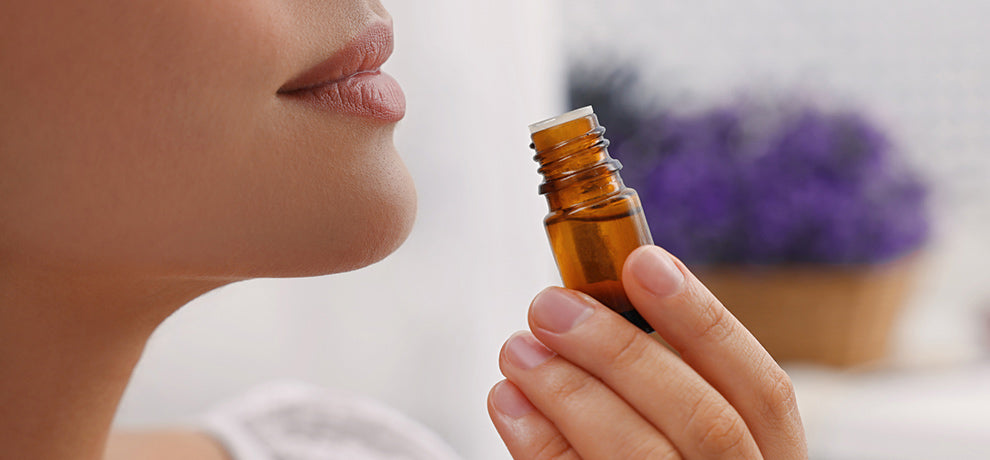It's a good idea to diffuse bergamot to relax.
What about diffusing Essential Oils in the workplace for everyone's well-being?
A study carried out in primary schools in Taiwan showed that short sessions of bergamot essential oil diffusion helped to reduce teachers' stress levels.
These encouraging results admirably complement the conclusions already drawn earlier on the positive impact of diffusing essential oils on regulating the autonomic nervous system. Olfactotherapy - the branch of aromatherapy that focuses on the interaction between olfaction, aromatic fragrances and health - seems to have a bright future ahead of it!
Have you ever used an essential oil diffuser to calm your anxiety or stress at work?
A study carried out in three primary schools in Taiwan
The study in question was published in 2011 by Kang-Ming Chang and Chuh-Wei Shen in Evidence-Based Complementary and Alternative Medicine. Volume 2011, Article ID 946537 (Hindawi Publishing Corporation).
Its title, "Aromatherapy Benefits Autonomic Nervous System Regulation for Elementary School Faculty in Taiwan", indicates that its aim was to measure the impact of aromatherapy on the regulation of the autonomic nervous system.
More specifically, the study looked at reducing teacher stress.
Teachers under pressure
Teaching, an increasingly difficult profession
Today's teachers are under increasing stress. In our western world, they complain about their working conditions, their many daily tasks and responsibilities, the arduous nature of the profession and the difficulty of teaching in an increasingly demanding society and in the face of parents who are sometimes out of touch with the reality of school. It is widely acknowledged that teacher stress has an impact on the quality of teaching and the well-being of many teachers, and the costs are enormous, with many suffering from health problems or depression that can lead to a career break.
With these alarming facts in mind, the study team, approved by the ethics committee of Asia University Medical Research in Taiwan, recruited 54 teachers from three primary schools to assess the effectiveness of aromatherapy in reducing their stress.
A step-by-step methodology
The first stage of the study measured the anxiety levels of the volunteer teachers. This was assessed using a measurement instrument called the Beck Anxiety Inventory (BAI), which lists 21 symptoms of anxiety by means of a questionnaire. On completion of the questionnaire, the teachers were assessed as mildly anxious, slightly anxious or moderately anxious.
The trial, which lasted a week, involved diffusing bergamot essential oil at specific times using an ultrasonic diffuser - a cold essential oil diffuser fitted with a water reservoir that receives the essential oils and disperses them into the air in the form of an aromatic mist.
Experimentation:
Tobacco, alcohol and coffee were banned six hours before the start of the experiment and the volunteers were asked to rest for five to ten minutes before their heart rates were recorded for 7 minutes. During the recording, the volunteers sat with their eyes open and did not engage in any activity. A nurse then used an ultrasound diffuser to diffuse bergamot (citrus bergamia) essential oil for ten minutes, as shown in the photo below. Respiratory rate and volume during this session were to be the same as during the resting period. A 7-minute post-test was then carried out in which physiological parameters were recorded again (two blood pressure parameters and five heart rate variability parameters).
Results:
After statistical 't-test' analysis of the results, significant differences were found for all the physiological parameters. The teachers treated with bergamot EO diffusion all showed a decrease in blood pressure (systolic 'SYS' and diastolic 'DIA'), a decrease in heart rate (low frequency 'LF' and low frequency/high frequency 'LF/HF') and an increase in parasympathetic nervous activity (high frequency 'HF' and heart rate variability 'HRV'), indicating that bergamot essential oil appears to bring the activity of the autonomic nervous system into balance (see Table).
Encouraging results for olfactotherapy
Conclusion:
This study provides useful information on the possibility of reducing stress in teachers by inhalation of cold-dispersed Bergamot Essential Oil. Obviously, the study of the general action of essential oils on the regulation of the autonomic nervous system and more in-depth studies on other forms of stress should complement this work.
However, it's natural to think about diffusing essential oils with relaxing properties (citrus fruits, true lavender, etc.) in work areas where stress is pressing. After all, a diffuser in a classroom or office is not necessarily incompatible with work and can even arouse the interest of those present. Nor is there any contraindication to diffusing in the presence of young children, as long as you use Essential Oils suitable for diffusion in a sufficiently large, well-ventilated room.












